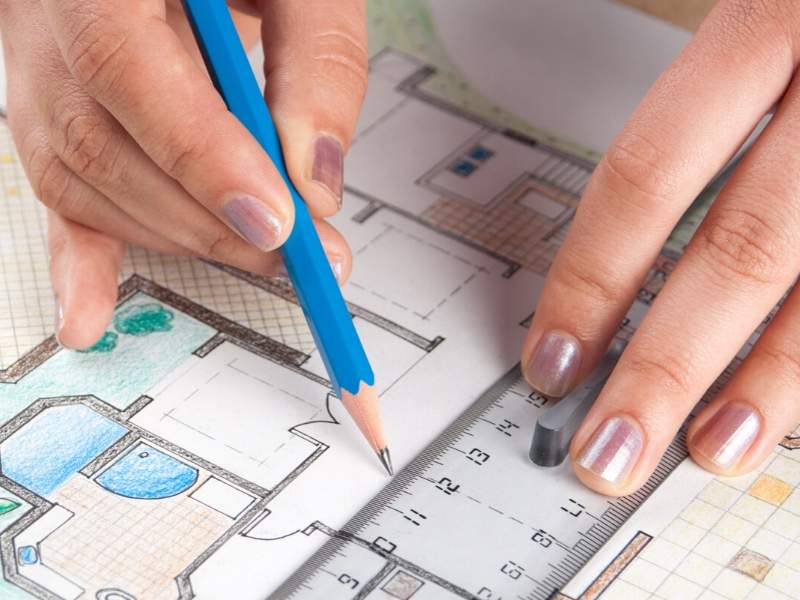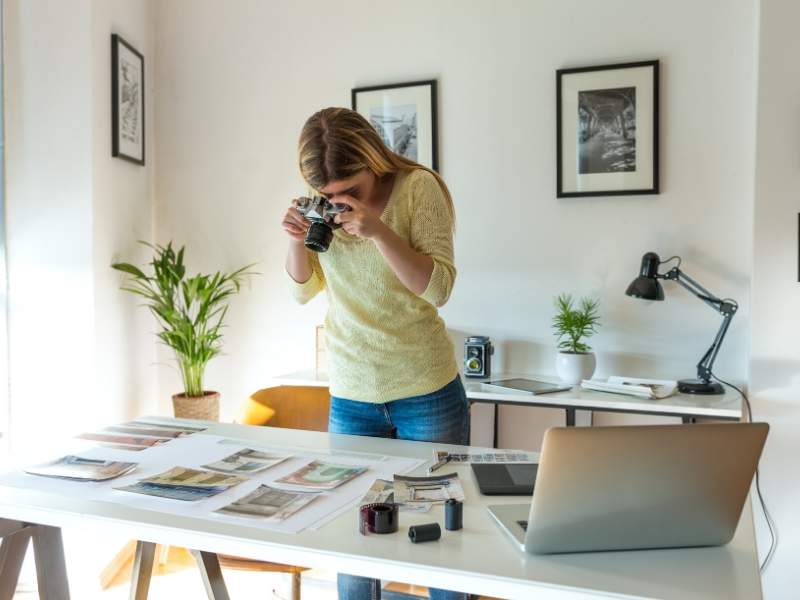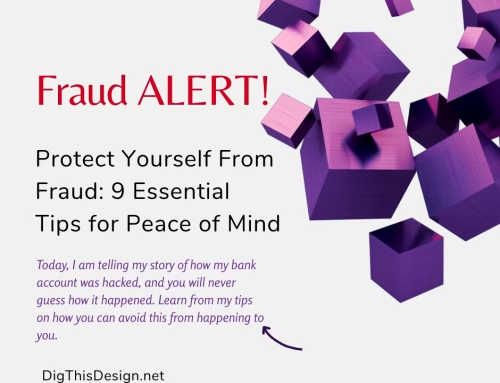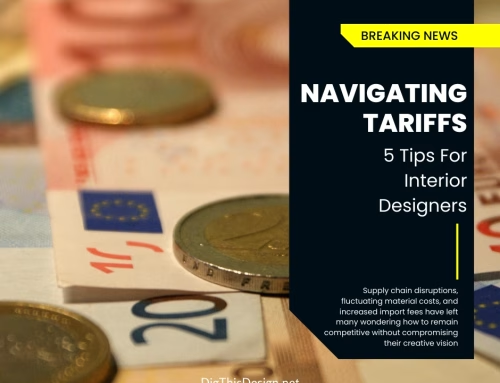Interestingly, not all designers are professionals who get paid top money for projects. Instead, many designers are part-time freelancers who pursue design as a hobby or passion on the side.
Designing in any field is one of the most rewarding professions that anyone pursues and by its creative nature, it’s attractive to freelancers. The freelance design industry allows you to use your imagination and get paid to implement that creativity.
Whichever way you lean, there are several important things to know when if you want to promote yourself as a design freelancer. Here are some important tips to help you get started.
Interior Design • 7 Helpful Tips for Freelancers

1 • Learn Basic Marketing Strategies
The elementary elements of marketing are important in any carer field, but they are especially crucial if you are a freelancer. You have no boss or company to push your work, which means that the responsibility of self-promotion falls on you. The better understanding you have of marketing principles, the more visible you can make yourself to potential clients. Websites, portfolios, and business cards are all great marketing materials to start building your business.
2 • Organize Your Ideas & Visions
As part of your design process, you will naturally begin to develop your ideas. Sketching and writing out ideas is important for the development and growth of your vision. You can do it on paper, on a tablet, or any other way that suits your individual process.

3 • Set Your Goals for Success
With any project, make sure to set clear and achievable goals. Setting goals are important to understand the overall scope and scale of your project. When you set goals, it helps you stay on track, on time, and on budget. Goals are an important strategy that helps you achieve success.

4 • Network with Other Designers
If you are a designer, it is key to remember that there are lots of other designers. It is in your best interest to start networking with other designers and build up your contact list. This is a useful strategy, especially if you want to collaborate with other designers on future projects or are looking for resident design positions.
5 • Get a Contractor’s License & Insurance
If your area of expertise falls into the realm of interior design, pay attention to this: you may want to consider getting a contractor license. A contractor license will make you stand out among other freelancers. It shows that not only do you have an eye for design, but you also have an understanding of business. Additionally, it gives you credibility because it protects you and your clients from liability claims due to unforeseen circumstances.
License and insurance requirements vary from state to state. For example, requirements for contractors in North Carolina are different than those in Alabama. Be sure to research your local requirements and get your business started right.

6 • Keep Your Portfolio Current
As a designer, your portfolio is one of the most central things to your career. A portfolio is a collection of all of your past design work and highlights of some of your most-impressive pieces. A client or company who wants to hire you can look at your portfolio to get an idea of your style and capabilities. Remember to update your portfolio regularly to include recent work. You can build a portfolio online, or print it out in convenient formats, or both.
7 • Develop and Believe in Your Process
The process of design is both systematic and unique. Each designer, depending on the type of design work they do, has a particular process that works for them. A really good idea is to develop a new design client questionnaire. This will help you drill down to the details you might miss in a face-to-face conversation. Then, continue to ask questions, build trust, and get out there and market your designs to the world.
Other Posts You Might Enjoy:
The Pros and Cons of a Design Business Launch from College
Content Marketing; Illustrations that Make a Difference





